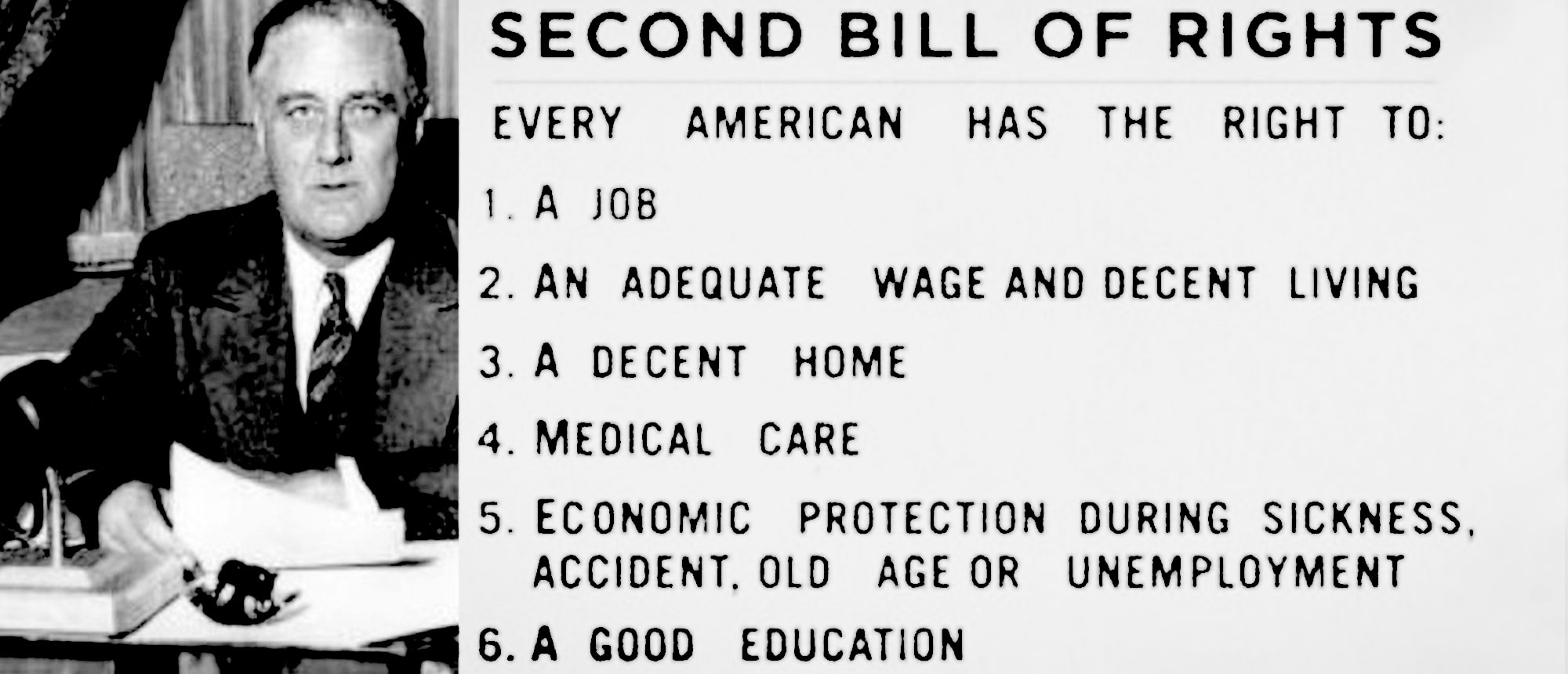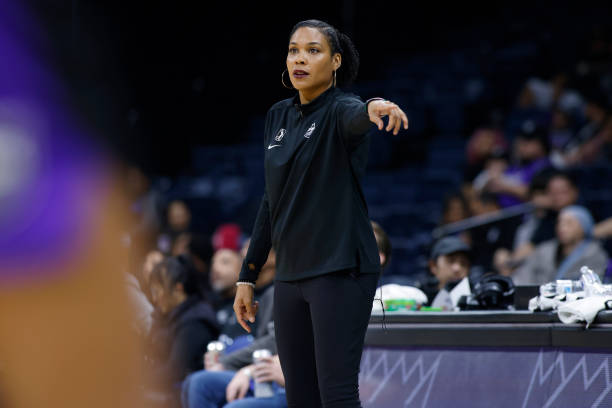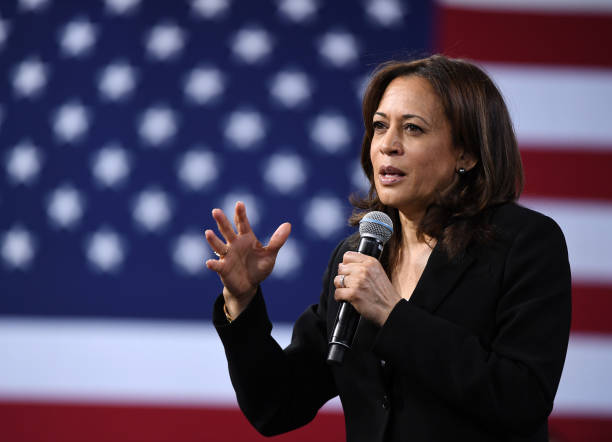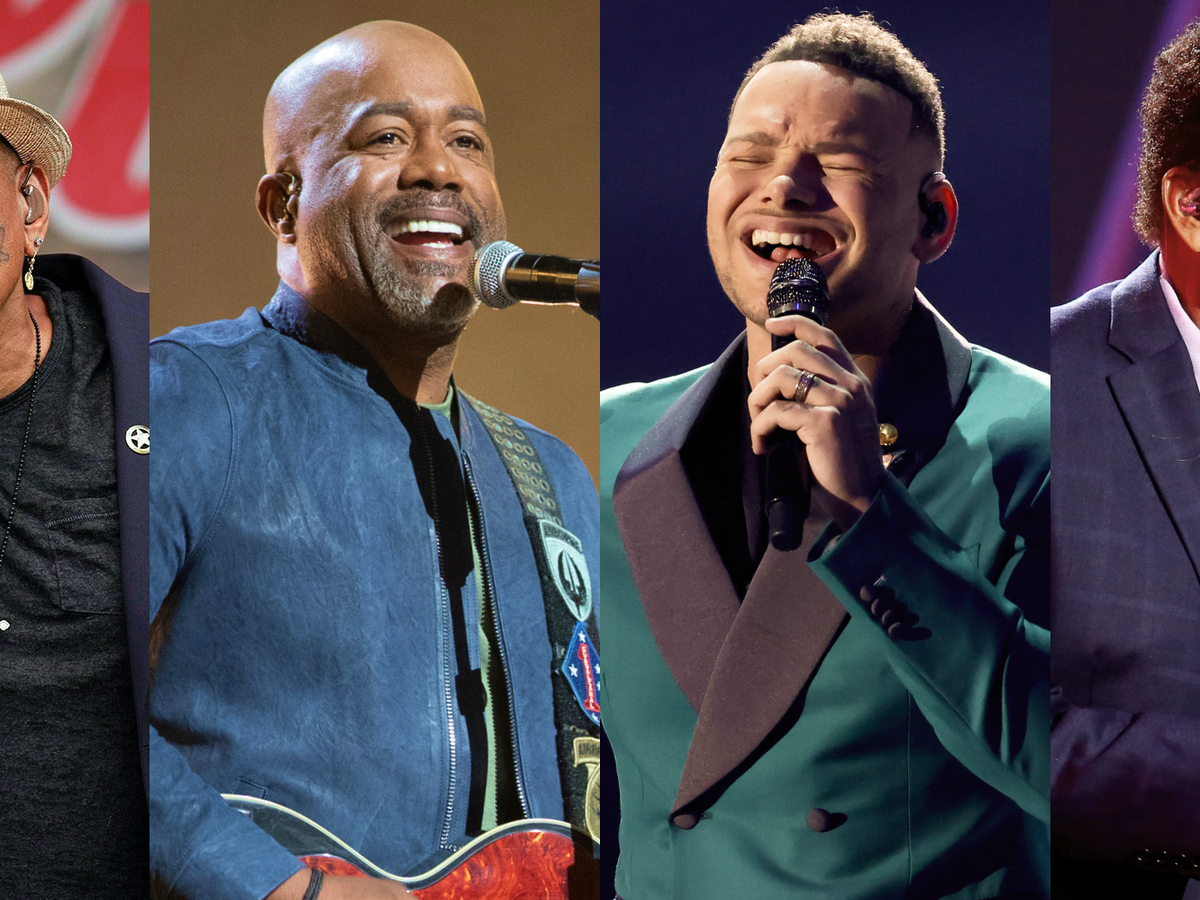(ThyBlackMan.com) Hollywood’s latest big show–the 2010 Oscars–once again showed the world that while there has been some progress on diversity, the movie-making industry still has a long way to go to achieve equality.
The bright spots: for the first time a woman won best director with Kathryn Bigelow (“The Hurt Locker“) winning by besting her ex James Cameron (“Avatar“), and there were three African-American winners.
Mo’Nique, long rumored the front-runner for her breath-taking performance as an abusive mother in “Precious: Based on the Novel ‘Push’ by Sapphire,” picked up the best-supporting-actress trophy. Screenwriter Geoffrey  Fletcher earned the trophy for adapted screenplay for the “Precious” script, becoming the first black person to win an Academy Award for writing. Roger Ross Williams (who experienced an awkward moment during his acceptance speech, with a former co-producer) won the best-documentary-short category for “Music By Prudence,” about a disabled musician in Zimbabwe.
Fletcher earned the trophy for adapted screenplay for the “Precious” script, becoming the first black person to win an Academy Award for writing. Roger Ross Williams (who experienced an awkward moment during his acceptance speech, with a former co-producer) won the best-documentary-short category for “Music By Prudence,” about a disabled musician in Zimbabwe.
Another nod to progress was the sheer fact that “Precious” overall received six nominations including best picture, actress in a leading role, (Gabourey Sidibe); directing (Lee Daniels); and film editing, (Joe Klotz).
All of this tells us that, though a very long process, Hollywood (or at least the academy) is starting to recognize true accomplishment of women and people of color. Yet, with the exception of these few notations, the Oscar show and the industry remain overwhelmingly white, and overwhelmingly male.
As a two-time Emmy winner myself, I relish the thrill and excitement that comes when you earn a nomination and when you actually win the award. But each time I have taken to the stage at an Emmy-Awards ceremony, I still see a sea of white in the audience. This is one reason why I have done more than just enter work for consideration. Since 1998, I have served as a governor of the National Academy of Television Arts and Sciences in the Southeast Region, and have been a member of the academy since the early ’90s. NATAS is home to the national Daytime Emmy Awards and the national news- and regional-Emmy contests. It is imperative that people of color and women sit on academy committees, panels and boards to ensure that true diversity flourishes and that the nomination-worthy work of these professionals not go unrecognized.
The Academy of Motion Picture Arts and Sciences–which awards the Oscar–is the grand-daddy of them all. If we can see sea-change in that group, the others academies are likely to follow. However, Hollywood has not always (and in some aspects still does not) embrace newcomers–especially those who do not look or sound like the guys who have been running the studios since the days that early Hollywood figures like Mary Pickford, Charlie Chaplin, Douglas Fairbanks, and D. W. Griffith were bucking the studio system to promote and control their own work.
This is one reason why filmmaker Tyler Perry has made his fortune in the new Hollywood–Atlanta, Georgia. Studio-executive doors have not been readily open to the likes of Perry and other ethnic-minority actors, producers and directors. Perry continues to successfully release his films with independent distributor Lionsgate. So when he was a presenter at the 82nd Academy Awards and said “They said my name at the Oscars . . . this may never happen again,” it was a very telling statement and moment.
The motion-picture industry would be so much better if it included the Tyler Perry’s of the world, if it put its money behind people like best director Bigelow. Her “Hurt Locker” picture was made with far less money from independent financial backers ($15 million) and before the Academy Awards had not even broke even at the box office. FOX-backed “Avatar” costs more than $300 million and has made nearly $3 billion worldwide, yet “Locker” is the best picture. Perry’s indie films have proven extraordinarily profitable and have helped make him a multi-millionaire. Imagine what indie films could–and would–be like with studio backing? How about a “Madea” film in 3-D or “Hurt Locker” in 3-D?
There is also the matter of what African Americans win Oscars for. Some argue that tinsel town still only highlights roles that are degrading characters, for example Denzel Washington for a crooked cop in “Training Day,” instead of his portrayal of Malcolm X in director Spike Lee’s 1992 picture “Malcolm X” or his nominated role as middleweight boxer Rubin “Hurricane” Carter in Norman Jewison’s 1999 film “The Hurricane,” or Monique’s win this year portraying Mary Jones, a low-life of a mother toward her teenaged, overweight, and HIV-infected daughter.
So yes, Hollywood still has a long way to go–and on several fronts–to achieve equality of opportunity and the opportunity to be equal in show business. However, we still celebrate every victory, every milestone of this Oscar season and those to come.
Written By Rick Blalock




















Leave a Reply